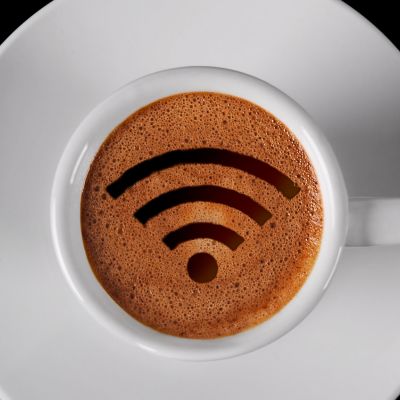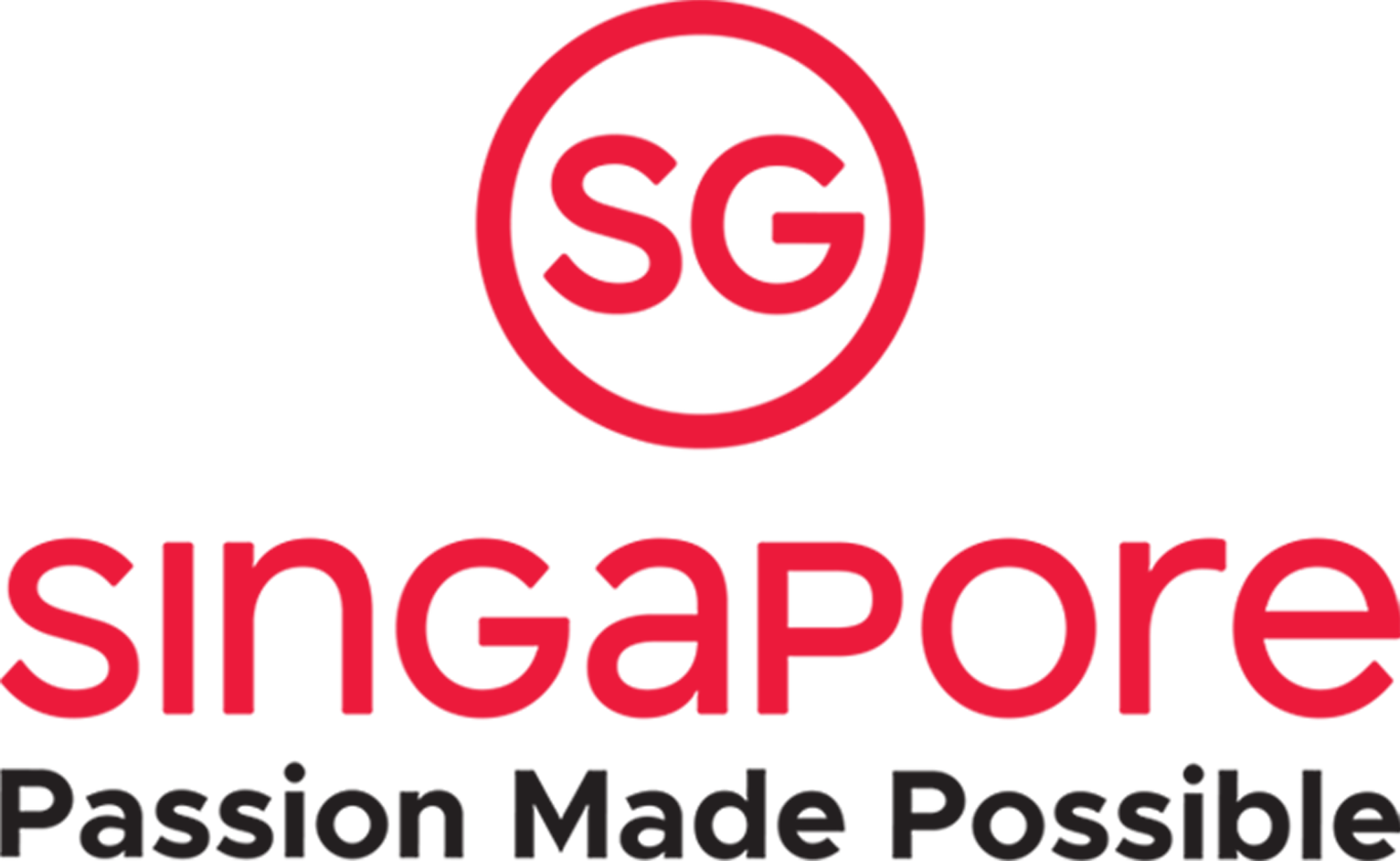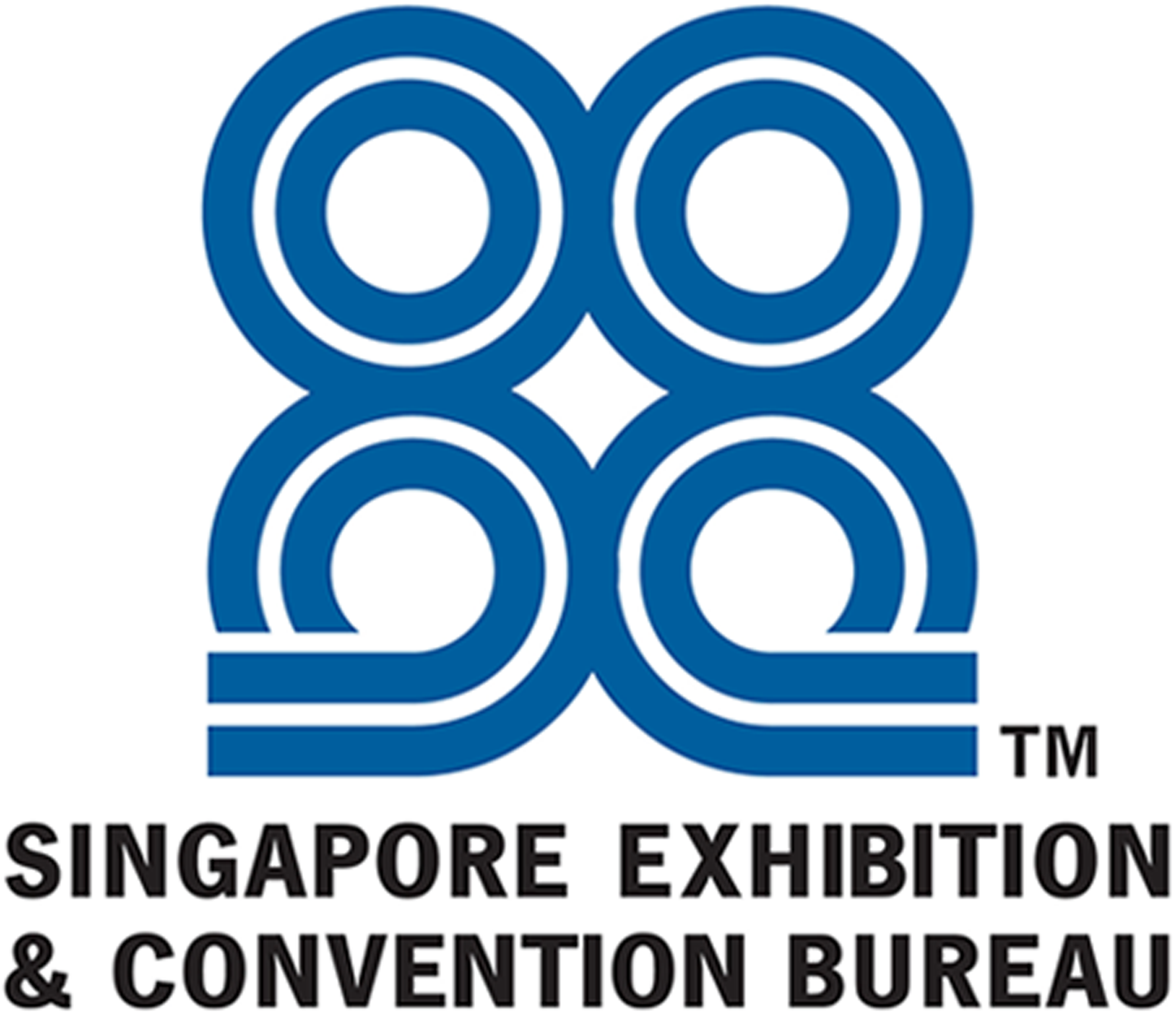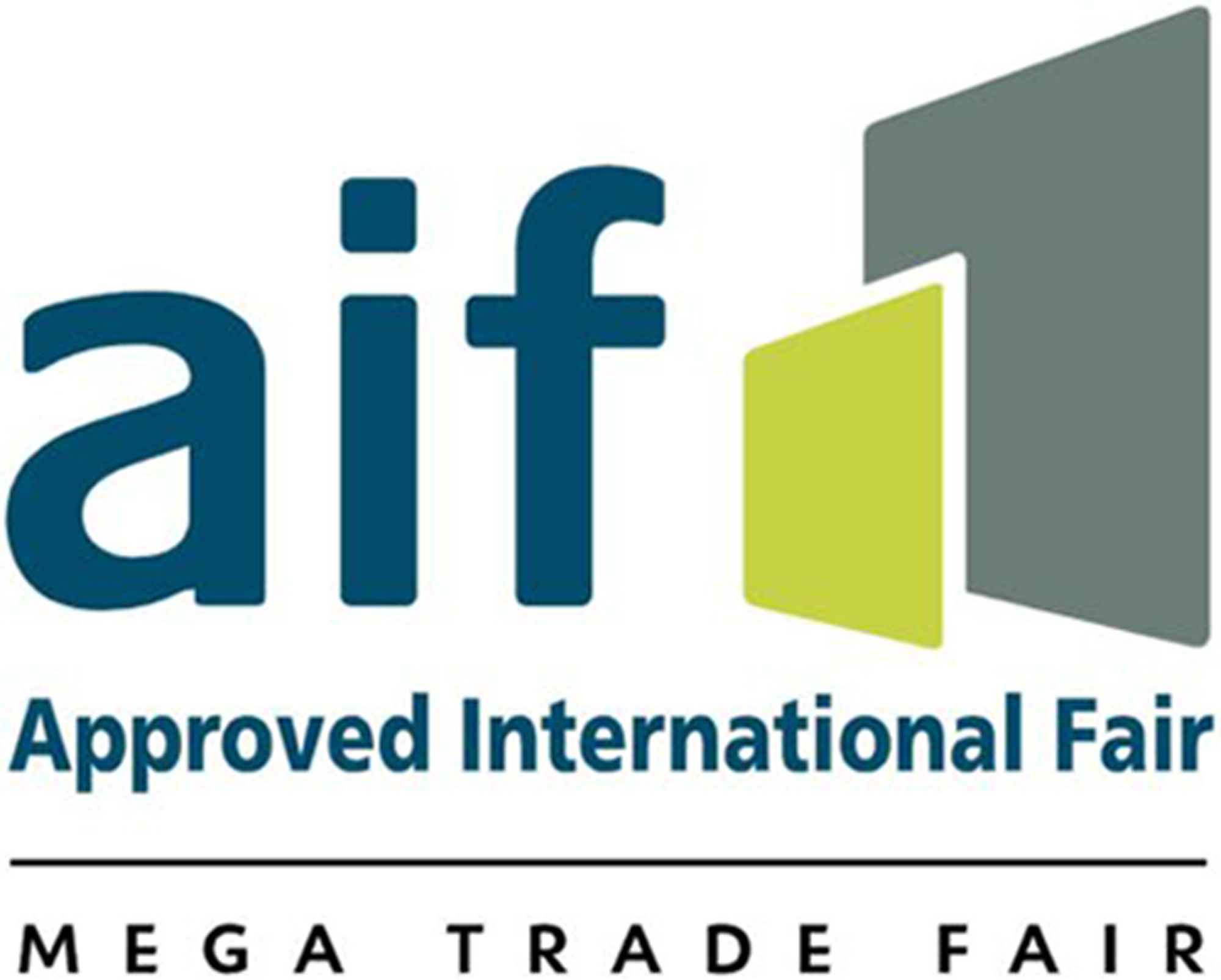Hotel inventory management is decisive for the smooth operation of any hotel. It involves tracking and managing various assets, such as room availability, housekeeping supplies, and other essential items contributing to a guest’s experience.
Effective hotel inventory management ensures that the hotel can meet guest demands without overstocking or running out of necessary items. This balance is critical to maximizing revenue and minimizing costs.
This article will explore the critical aspects of hotel inventory management, including the benefits, strategies, and tools available to help manage hotel inventory effectively.
What is Hotel Inventory Management?
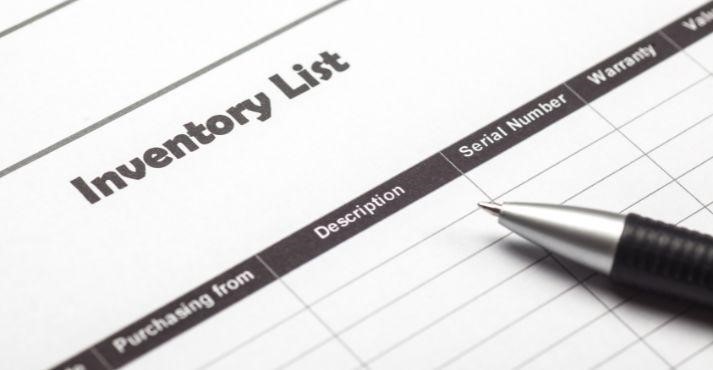
Hotel inventory management refers to the systematic process of tracking, controlling, and optimizing a hotel’s resources to ensure smooth operations and profitability. It encompasses managing rooms, amenities, food and beverage stock, linens, cleaning supplies, and other assets crucial to the guest experience. By leveraging modern tools and strategies, hotels can maintain accurate inventory levels, reduce waste, and improve operational efficiency.
Managing hotel inventory involves overseeing various assets essential for the day-to-day hotel operations and overall guest experience. Here are the critical components of hotel inventory management:
1. Rooms
Rooms are a hotel’s primary inventory. Effective hotel room management is crucial for maximizing occupancy and revenue. Managing room inventory includes tracking room availability, maintenance needs, and cleaning schedules.
Challenges:
- Overbooking or underbooking rooms
- Ensuring timely maintenance and cleanliness
- Balancing availability across different room types
Poor room management can lead to lost revenue, dissatisfied guests, and increased operational costs. For example, a room must be cleaned and prepared on time to be sold to a new guest, leading to a loss of potential income.
2. Amenities
Hotel amenities like toiletries, coffee makers, and mini-bars enhance the guest experience. Tracking these items ensures that rooms are well-stocked and ready for guests.
Challenges:
- Monitoring usage and restocking efficiently
- Preventing theft or loss of items
- Managing vendor relationships for timely deliveries
Proper management of amenities can improve guest satisfaction and loyalty. If a guest finds their room needing more essential amenities, it can lead to negative reviews and harm the hotel’s reputation.
On the other hand, well-stocked rooms with high-quality amenities, as per the hotel inventory list, can encourage positive feedback and repeat visits.
3. Food and Beverage
The food and beverage inventory includes items used in the hotel’s restaurant, bar, and room service. Effective management ensures that the hotel can provide consistent quality and service.
Challenges:
- Tracking perishable items and minimizing waste
- Maintaining stock levels to meet guest demand
- Coordinating with suppliers for fresh and timely deliveries
Poor management in this area can lead to spoilage, increased costs, and unhappy guests. For instance, running out of a popular menu item can disappoint guests and result in lost sales.
Conversely, efficient management can offer a diverse and fresh menu, improving the overall dining experience.
4. Linens
Linens, such as bed sheets, towels, and tablecloths, are critical for maintaining hygiene and comfort. Managing linen inventory as part of hospitality management involves tracking laundering, replacements, and stock levels.
Challenges:
- Ensuring timely laundering and availability
- Managing wear and tear and planning for replacements
- Preventing loss and theft
Effective linen management helps maintain cleanliness standards and guest satisfaction. Regular inventory checks can help identify when items need to be replaced, ensuring that guests always have access to fresh, clean linens.
5. Supplies
Housekeeping and maintenance supplies, including cleaning products, tools, and equipment, are essential for the hotel’s upkeep. Managing these supplies ensures that the hotel remains clean and operational.
Challenges:
- Tracking usage and restocking efficiently
- Preventing overstocking and wastage
- Ensuring the availability of essential supplies at all times
Proper supply management contributes to the smooth operation of the hotel and a pleasant guest experience. For example, running out of cleaning supplies can delay room turnover, affecting guest satisfaction and operational efficiency.
Importance of Effective Hotel Inventory Management
Effective hotel inventory management is a cornerstone of successful hospitality operations. It impacts not only the day-to-day functioning of the establishment but also the overall guest experience, cost control, and profitability. Below is a breakdown of why it holds such significance:
1. Cost Control and Waste Reduction
Poor inventory management can lead to overstocking, which ties up capital in unnecessary supplies, or understocking, which disrupts operations. Effective inventory tracking ensures that hotels purchase only what they need, reducing wastage and controlling costs.
2. Enhances Guest Experience
Guests expect a seamless and enjoyable stay, which requires everything from room supplies to dining services to be well-stocked and available. Efficient inventory management ensures that amenities such as toiletries, fresh linens, and dining options are always on hand, contributing to a positive guest experience.
3. Operational Efficiency
Streamlined inventory processes reduce the time and effort spent on manual stock checks and reordering. With proper management systems in place, staff can focus on delivering quality service rather than addressing supply shortages or overages.
4. Data-Driven Decision Making
Modern inventory management tools provide real-time insights and analytics. These help hotel managers forecast demand, optimize stock levels, and plan for peak seasons or special events, leading to better resource allocation and strategic decision-making.
5. Prevention of Revenue Loss
Inefficient inventory practices can result in unavailable key items, causing guest dissatisfaction or operational delays. This can negatively impact a hotel’s reputation and lead to revenue loss. Effective inventory management minimizes such risks.
6. Regulatory Compliance
Hotels must adhere to health and safety regulations, particularly in areas such as food storage and cleanliness. Proper inventory management helps ensure compliance with these standards by maintaining accurate records and appropriate stock levels.
7. Sustainability and Corporate Responsibility
Reducing waste through effective inventory control contributes to environmental sustainability. It also aligns with the growing demand for eco-friendly practices in the hospitality industry, enhancing the hotel’s brand image and appeal to conscious travelers.
By prioritizing effective inventory management, hotels can improve operational stability, elevate guest satisfaction, optimize costs, and drive long-term profitability.
Best Practices for Room Inventory Management

Effective hotel room inventory management is crucial for optimizing occupancy and maximizing revenue. Here are some best practices for managing room inventory effectively:
1. Forecasting Demand
Accurate demand forecasting is essential for effective hotel inventory management. By analyzing historical data, market trends, and upcoming events, hotels can predict occupancy levels and plan accordingly.
Strategies:
- Use historical data to identify patterns and trends.
- Monitor local events and seasonality to anticipate demand spikes.
- Leverage inventory management software for hotels to analyze data and generate forecasts.
By forecasting demand accurately, hotels can ensure they have the correct number of rooms available at the right times, minimizing the risk of overbooking or underbooking.
2. Setting Pricing Strategies
Dynamic pricing strategies help optimize room rates based on demand, ensuring maximum revenue. These strategies involve adjusting prices in real-time based on various factors, such as occupancy rates, competitor pricing, and market demand.
Strategies:
- Implement a hotel revenue management system that adjusts rates automatically.
- Monitor competitor pricing to stay competitive.
- Use demand forecasts to set optimal pricing for different periods.
Effective pricing strategies are crucial to hotel inventory management systems as they directly impact revenue and occupancy rates.
3. Managing Room Allocations
Proper room allocation ensures that all types of rooms (standard, deluxe, suites) are utilized efficiently. This involves balancing guest preferences with operational requirements to maximize occupancy.
Strategies:
- Use hotel inventory software to track and manage room availability.
- Prioritize room assignments based on guest preferences and loyalty status.
- Ensure maintenance and housekeeping schedules align with room allocations.
Efficient room allocation helps optimize the use of available rooms, enhance guest satisfaction, and increase revenue.
4. Channel Management and Distribution Strategies
Channel management involves distributing room inventory across online travel agencies (OTAs), booking platforms, and the hotel’s website. Effective channel management ensures room inventory is visible to a broad audience, increasing booking opportunities.
Strategies:
- Use a channel manager to synchronize inventory across multiple platforms.
- Monitor the performance of different channels and adjust allocations accordingly.
- Ensure that all distribution channels reflect accurate availability and pricing.
Effective channel management is critical for hospitality inventory management as it helps reach a wider audience and maximize room revenue.
Importance of Distribution Strategies
Distribution strategies are essential for maximizing room revenue. By effectively distributing room inventory, hotels can reach a larger market and fill rooms that might otherwise remain vacant.
Strategies:
- Partner with multiple OTAs to increase visibility.
- Offer promotions and packages to attract different segments of guests.
- Optimize the hotel’s booking platform to encourage direct bookings.
A well-executed distribution strategy boosts hotel room management by filling rooms efficiently, contributing to higher occupancy rates and increased revenue.
How to Efficiently Manage F&B Inventory?

Managing food and beverage (F&B) inventory is critical to hotel inventory management. Efficient management ensures the hotel can provide high-quality dining experiences while minimizing waste and controlling costs. Here are some techniques for managing F&B inventory effectively:
1. Menu Engineering
Menu engineering involves analyzing the profitability and popularity of menu items to optimize the menu for maximum revenue.
Strategies:
- Categorize menu items based on their profitability and popularity (e.g., stars, plow horses, puzzles, and dogs).
- Highlight high-margin items on the menu to encourage sales.
- Regularly review and update the menu based on performance data.
Practical menu engineering can help reduce food waste and increase profitability by focusing on the most revenue-generating items.
2. Portion Control
Portion control is essential for maintaining consistency, reducing waste, and managing costs in F&B operations.
Strategies:
- Standardize portion sizes for all menu items.
- Train staff to serve consistent portions.
- Use portion control tools, such as measuring cups and scales.
By implementing portion control, hotels can ensure that guests receive consistent quality and quantity, which helps manage inventory levels and control costs.
Supplier Relationships
Building solid relationships with suppliers ensures a steady supply of fresh and high-quality ingredients.
Strategies:
- Negotiate favorable terms and pricing with suppliers.
- Establish a regular delivery schedule to maintain inventory levels.
- Work with suppliers to understand seasonal availability and plan menus accordingly.
Effective supplier management helps maintain a reliable supply chain, which is essential for consistent F&B operations.
3. Role of Technology
Technology plays a significant role in streamlining F&B inventory operations. Inventory management software for hotels can automate many aspects of inventory management, making the process more efficient and accurate.
Benefits:
- Real-Time Tracking: Inventory management systems provide real-time tracking of stock levels, helping to prevent shortages and overstocking.
- Automated Ordering: These systems can automatically generate purchase orders based on inventory levels and predefined thresholds.
- Data Analysis: Advanced software can analyze sales data to identify trends, forecast demand, and optimize inventory levels.
Using hotel inventory software for F&B operations can reduce manual errors, save time, and improve overall efficiency.
Effective Linen and Housekeeping Inventory Management
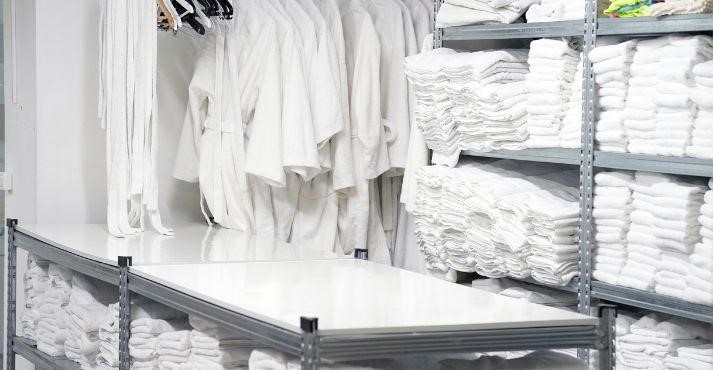
Managing linen and housekeeping inventory is a critical aspect of hotel inventory management. Efficient management ensures that the hotel maintains cleanliness and comfort standards, directly impacting guest satisfaction. Here are some tips for managing linen and housekeeping inventory effectively:
1. Inventory Tracking
Keeping accurate inventory levels is essential for maintaining adequate linens and supplies for housekeeping items.
Tips:
- Implement hotel inventory software to monitor stock levels in real-time.
- Conduct regular physical inventory checks to verify data accuracy.
- Use barcoding or RFID technology to streamline inventory tracking and reduce manual errors.
By maintaining accurate records, hotels can avoid shortages and overstocking and ensure that all necessary items are always available.
2. Par Level Management
Par-level management involves setting minimum and maximum inventory levels to ensure enough supplies are always on hand without overstocking.
Tips:
- Determine optimal par levels based on historical usage and occupancy rates.
- Adjust par levels seasonally or during special events when demand may fluctuate.
- Use inventory management software for hotels to automate reordering when stock levels fall below the set par levels.
Effective par-level management helps maintain a balance between having sufficient inventory and minimizing storage costs.
3. Quality Control
Maintaining high-quality linens and housekeeping supplies is crucial for guest satisfaction and hotel reputation.
Tips:
- Regularly inspect linens and supplies for wear and tear and replace items as needed.
- Establish standards for linen quality and ensure that suppliers meet these standards.
- Train housekeeping staff to handle linens properly to extend their lifespan.
Quality control ensures guests access fresh, clean, well-maintained linens, enhancing their overall experience.
Impact on Guest Satisfaction and Operational Efficiency
Efficient hospitality inventory management for linens and housekeeping supplies has a significant impact on both guest satisfaction and operational efficiency:
- Guest Satisfaction: High-quality, well-maintained linens and a clean environment contribute to a positive guest experience. Satisfied guests are more likely to leave positive reviews and return for future stays.
- Operational Efficiency: Streamlined inventory management processes reduce the workload for housekeeping staff, allowing them to focus on maintaining cleanliness and guest comfort. Efficient inventory tracking and par-level management prevent last-minute shortages and ensure smooth operations.
Strategies for Managing Supply Inventory
Effective supply inventory management is a crucial part of hotel inventory management. Ensuring that housekeeping and maintenance supplies are well-stocked and efficiently managed can significantly impact the hotel’s operational efficiency and guest satisfaction.
Here are some strategies for managing supply inventory:
1. Procurement Processes
Efficient procurement processes are essential for maintaining adequate inventory levels while controlling costs.
Strategies:
- Establish clear procurement policies and procedures to ensure consistency.
- Use hotel inventory software to automate ordering and track purchase orders.
- Negotiate long-term contracts with reliable suppliers to secure favorable terms and pricing.
By streamlining procurement processes, hotels can ensure timely delivery of supplies and avoid stockouts.
2. Vendor Management
Building solid relationships with vendors is critical to maintaining a steady supply of high-quality items.
Strategies:
- Develop a vendor evaluation and selection process to choose the best suppliers.
- Maintain regular communication with vendors to stay informed about product availability and lead times.
- Monitor vendor performance using hotel inventory management software to track delivery times and product quality.
Effective vendor management helps ensure the hotel receives the necessary supplies on time and meets quality standards.
3. Inventory Turnover
Optimizing inventory turnover ensures that supplies are used efficiently and do not remain idle for long periods.
Strategies:
- Implement just-in-time inventory practices to reduce excess stock and minimize holding costs.
- Use ABC analysis to categorize supplies based on usage and value, focusing on high-priority items.
- Regularly review inventory levels and adjust ordering quantities based on demand patterns.
By effectively managing inventory turnover, hotels can reduce waste, lower storage costs, and ensure that supplies are always fresh and ready for use.
Benefits of Inventory Optimization Techniques
Implementing inventory optimization techniques such as just-in-time inventory and ABC analysis offers several benefits:
- Just-in-Time Inventory: This approach reduces the need for large storage spaces and minimizes the risk of overstocking. It ensures that supplies are ordered and received when needed, leading to more efficient hospitality inventory management.
- ABC Analysis: By categorizing inventory items into A, B, and C categories based on their importance and usage frequency, hotels can prioritize high-value items and manage resources more effectively. This technique helps focus efforts on critical supplies that have the most significant impact on operations and costs.
How to Use Technology to Enhance Inventory Management System?
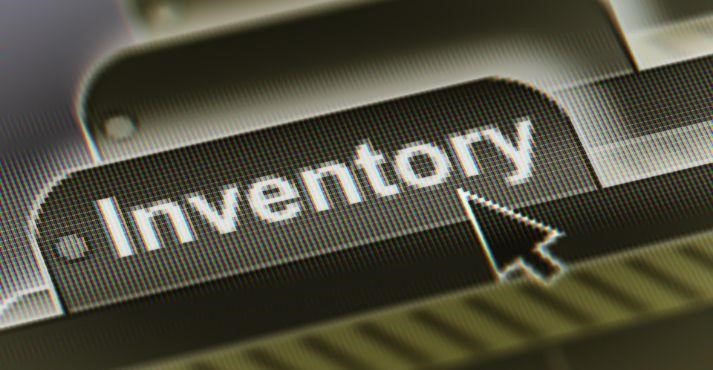
In modern hospitality, leveraging technology is essential for effective hotel inventory management.
Advanced technology solutions such as property management systems (PMS), inventory management software, and RFID tracking systems can significantly improve inventory management efficiency.
Here’s how these technologies can be utilized:
1. Property Management Systems (PMS)
Property management systems are comprehensive platforms that integrate various hotel operations, including hotel room management and inventory control.
Benefits:
- Centralized Control: PMS allows for the centralized management of room availability, bookings, and guest preferences, ensuring efficient hotel room inventory management.
- Real-Time Updates: These systems provide real-time updates on room status, maintenance needs, and housekeeping schedules, enabling better coordination and timely decision-making.
Hotels can achieve seamless operations and improve overall guest experience by integrating PMS with other inventory management tools.
2. Inventory Management Software
Dedicated inventory management software for hotels helps track and manage various inventories, from rooms and amenities to food and beverage supplies.
Benefits:
- Automated Tracking: The software automates the tracking of inventory levels, reducing the risk of human error and ensuring accurate records.
- Demand Forecasting: Advanced features such as demand forecasting help predict future inventory needs based on historical data and trends.
- Cost Control: Inventory management software aids in cost control and budget management by providing detailed reports and analytics.
This technology streamlines hotel inventory management systems, making maintaining optimal stock levels and minimizing waste easier.
3. RFID Tracking Systems
RFID (Radio Frequency Identification) tracking systems offer a sophisticated way to monitor inventory movement and status.
Benefits:
- Real-Time Monitoring: RFID tags provide real-time monitoring of inventory items, making it easier to track their location and status.
- Enhanced Security: These systems augment security by preventing theft and loss of high-value items like linens and amenities.
- Efficient Check-In/Out: For hotel inventory lists, RFID can streamline the check-in and check-out process for items, ensuring accurate tracking and accountability.
RFID technology supports efficient hospitality inventory management by offering precise and real-time tracking capabilities.
4. Integrating Technology for Maximum Efficiency
To maximize the benefits of technology, hotels should integrate these solutions into a cohesive inventory management strategy:
- System Integration: Ensure that PMS, hotel inventory software, and RFID systems are integrated to provide a unified view of inventory data.
- Training Staff: Invest in training staff to use these technologies effectively, ensuring that they are familiar with their features and benefits.
- Continuous Monitoring: Regularly monitor and evaluate the performance of these systems to identify areas for improvement and ensure they meet the hotel’s evolving needs.
Conclusion
Effective hotel inventory management is crucial for a hotel’s success. By understanding and managing the various inventory components, from rooms and amenities to food, beverages, linens, and supplies, hotels can optimize operations, reduce costs, and enhance guest satisfaction.
Implementing best practices for hotel room inventory management, leveraging advanced inventory management software for hotels, and utilizing technologies like RFID tracking systems can streamline processes and provide real-time data for better decision-making.
Efficient hospitality inventory management maximizes revenue and minimizes costs. It also ensures a superior guest experience, encouraging loyalty and positive reviews.
By continuously improving inventory management strategies, hotels can stay competitive and meet the industry’s ever-changing demands.





